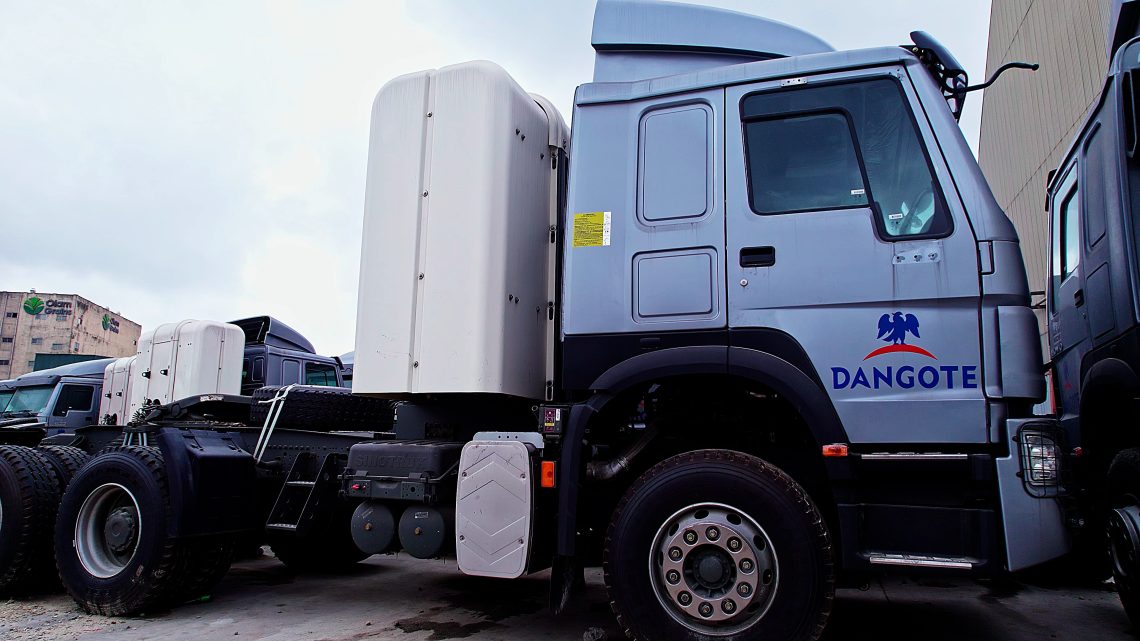Nigeria’s move toward Compressed Natural Gas (CNG) transportation is gaining momentum, with large-scale adoption now becoming a reality. The arrival of thousands of new CNG trucks is more than a corporate announcement; it signals a significant shift in how goods will be moved, energy will be consumed, and emissions will be reduced.
What Is CNG and Why It Matters
Compressed Natural Gas is a cleaner, cheaper alternative to diesel and petrol. It produces fewer greenhouse gas emissions, reduces air pollution in congested cities, and can be produced domestically cutting dependence on imported fuel.
Key benefits of CNG over diesel:
- Lower fuel cost: Up to 40% cheaper per kilometre.
- Cleaner emissions: About 25% less CO₂ and almost no sulfur emissions.
- Local energy source: Reduces foreign exchange pressure from fuel imports.
Why Nigeria Is Pushing for CNG Trucks
Nigeria has abundant natural gas reserves but has historically flared much of it. By converting this wasted resource into CNG for transport, the country can:
- Lower transport costs for businesses.
- Reduce reliance on petrol subsidies.
- Create new jobs in gas processing, distribution, and maintenance.
Also read: Afreximbank Backs Nigeria, Zimbabwe and Malawi Energy Projects
Industrial Fleet Transformation
Large companies adopting CNG trucks such as logistics firms, manufacturers, and refineries can influence market trends. Bulk procurement accelerates:
- Development of CNG refuelling infrastructure.
- Skills training for maintenance technicians.
- Public confidence in alternative fuels.
Economic and Environmental Impact
Widespread CNG adoption could:
- Save billions annually in fuel subsidies.
- Cut national CO₂ emissions significantly.
- Reduce health costs linked to air pollution.
- Strengthen energy security by using domestic resources.
Challenges to Overcome
- Refueling network: Nigeria needs more CNG filling stations along key transport routes.
- Maintenance skills: Technicians must be trained for the new technology.
- Initial investment: Higher upfront truck costs, although offset by fuel savings.
Also read: FG Launches N100bn Solar Initiative to Power Public Institutions and Cut Diesel Costs
If adoption continues, Nigeria could become a CNG-powered transport hub in West Africa. Combined with other clean technologies such as electric vehicles for short-haul routes the country can diversify its transport energy mix.



